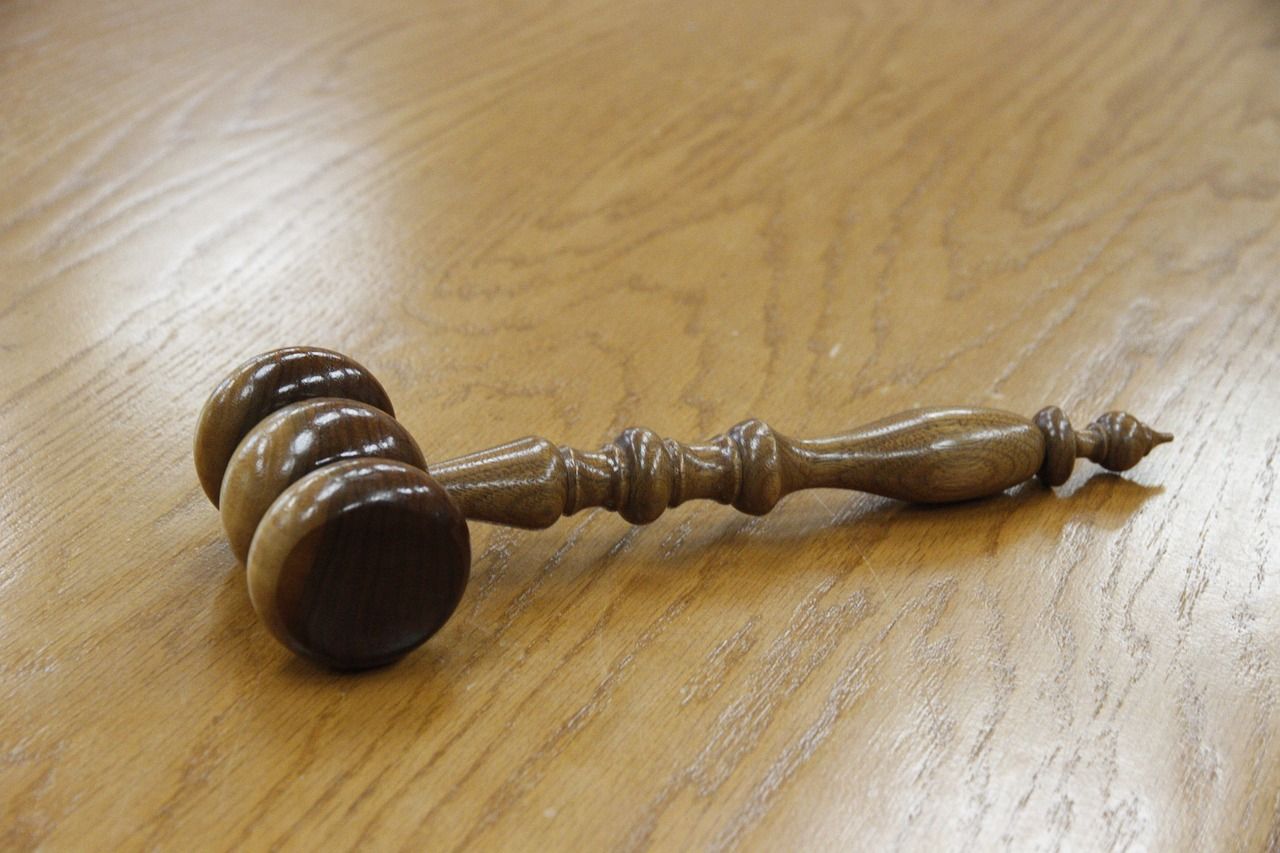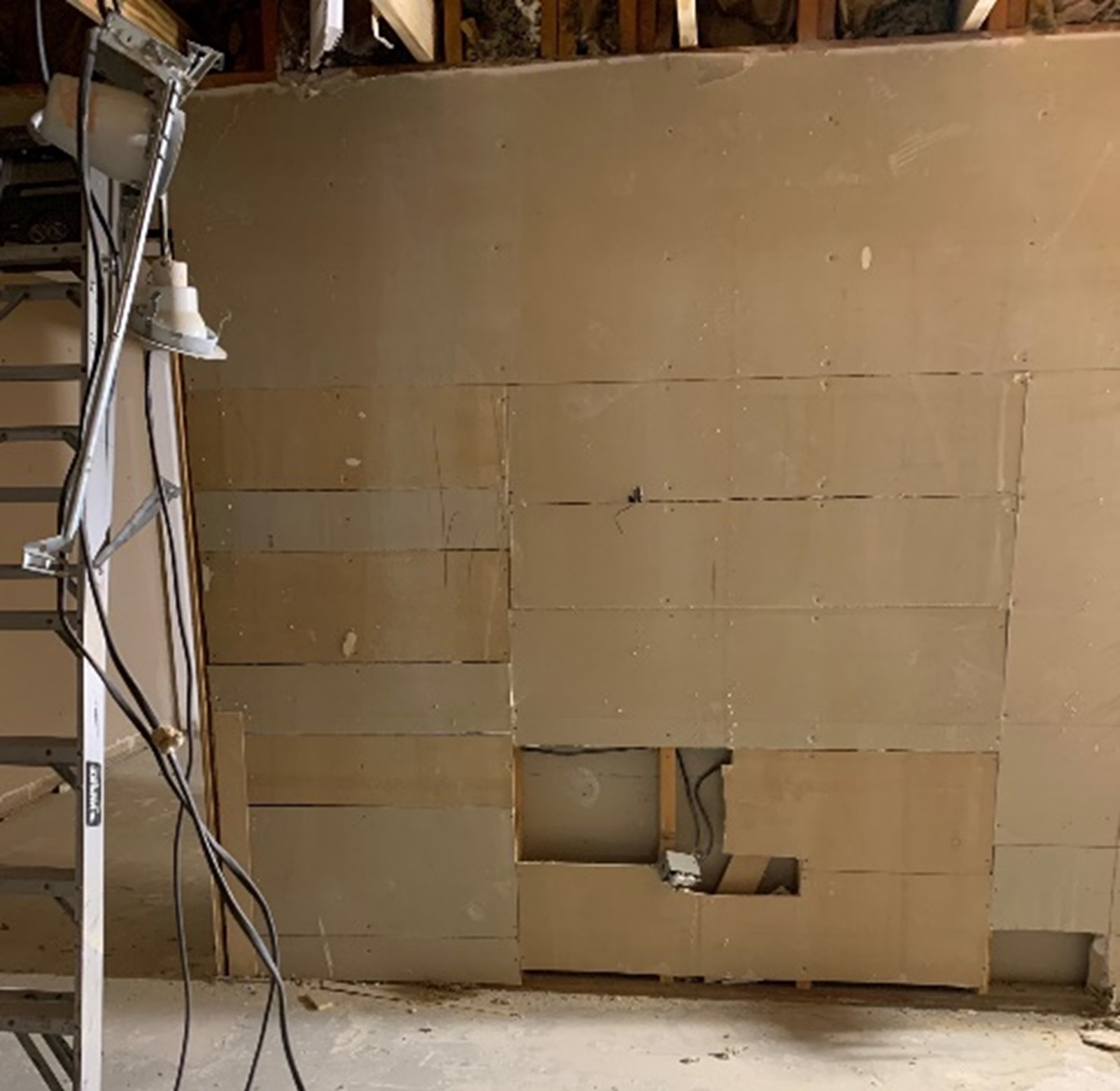On March 31, 2020, Governor Abbott issued Executive Order GA-14 (the “Order”) which supersedes previously-issued Executive Order GA-8, but not Orders GA-10 – GA-13.
As you probably know by now, this Order remains in force until April 30, 2020 unless modified, amended, rescinded or superseded by the governor. Matters related to this article are in a constant state of flux, subject to changes from the Governor’s office, County Judges and Mayors all across Texas.
Governor Abbott announced that on or before April 18, 2020, he will issue a new executive order on re-opening Texas. We will provide you with Construction Industry Perspective analysis of this order to ensure you are in the best position to make informed choices for your family, your community and your business.
Is Construction still classified an “Essential Service?” — Short answer: Mostly yes.
Notably, the new Order adopted as “essential services” those sixteen economic sectors (the “sweet sixteen”) identified by DHS in its Guidance on the Essential Critical Infrastructure Workforce, Version 2.0, (“Guidance”). That document can be found in the attachment at the very bottom of the following page https://www.cisa.gov/publication/guidance-essential-critical-infrastructure-workforce.
The Guidance does not identify construction as an essential service in a broad-brush manner, but it does contain several relevant references to various types of construction services as authorized by the Order, as outlined below.
First, if you are working on a construction project in support of one of the sixteen identified critical-infrastructure sectors, then you are providing an essential service, and are excepted from the stay-at-home element of GA-14. Examples include Healthcare, Transportation, Water, Energy, Agriculture, Commercial Facilities, Financial Sector, and the Defense sector.
Second, various sections of the Guidance confirm that workers performing maintenance and critical inspections of commercial buildings and construction and maintenance on residential housing are all performing “essential functions,” as summarized below.
PUBLIC WORKS AND INFRASTRUCTURE SUPPORT SERVICES – Workers, including plumbers, contractors, HVAC Technicians and other service providers who provide services that are necessary to maintaining the safety, sanitation and essential operation of residences and buildings.
OTHER COMMUNITY- OR GOVERNMENT-BASED OPERATIONS AND ESSENTIAL FUNCTIONS – Workers to ensure the continuity of building functions including but not limited tosecurity and environmental controls (HVAC), the manufacturing and distribution of the products required for these functions, and the permits and inspections for construction supporting essential infrastructure.
COMMERCIAL FACILITIES – Workers who support the supply chain of building materials from production through installation.
RESIDENTIAL / SHELTER FACILITIES AND SERVICES – Workers supporting the construction of housing
Can I work on a construction project not in the “sweet sixteen”? — Generally, yes.
Governor Abbot’s order is carefully worded to encourage the spirit of de-centralized government, therefore allowing county judges and mayors substantial freedom to issue orders governing the actions and activities allowed in their jurisdictions. It is only where a local order attempts to restrict an activity allowed by the Governor’s Order, that the two would come into conflict. In such an eventuality, the Governor’s Order controls, and the activity is allowed. This means that the answer to whether your particular construction activity is an essential function can be determined only by comparing your county and city orders with those of the Governor.
For example, the City of Frisco’s latest order permits residential and commercial construction. As such, it is not in conflict with the Governor’s Order and all construction may move forward in the City of Frisco, as of April 1, 2020.
In contrast, Dallas County’s most recent order (March 29) allows residential and commercial construction, except for elective additions or maintenance. However, the Governor’s Order appears to allow elective maintenance for commercial property. Additionally, and with specific regard to residential property, the Governor’s Order allows “workers performing housing construction related activities,” and “workers supporting the construction of housing.” These broad allowances appear to conflict with the Dallas County restriction on “elective additions and maintenance.” Thus, it appears that the Governor’s order will control, and that elective additions and maintenance are once again allowed in Dallas County.
A less Dallas-centric example is found in orders from Travis County and the City of Austin which both seek to prohibit construction other than (generally) for government purposes support of the “sweet sixteen.” The Governor’s Order requires that the “sweet sixteen” be allowed to continue to operate, so no conflict there. However, the Governor’s Order also affirmatively allows “housing construction related activities,” which Austin’s order appears to generally forbid. Therefore, again, it appears the Governor’s Order conflicts with the county and city orders, thus the Governor’s Order controls, and residential construction appears to once again allowed in Austin.
The only question remaining is whether new commercial construction is allowed under the Governor’s Order. Clearly, maintenance work and renovations in commercial buildings are allowed. However, commercial new builds are not expressly allowed by the Governor’s Order, but neither are they clearly forbidden.
Nonetheless, for now, County Judges and mayors in most of Texas realize the value of ongoing construction, and the only orders clearly prohibiting new non-governmental commercial construction are those issued by Travis County and the City of Austin. Whether, under the Governor’s Order, new commercial construction is allowed in Travis County and/or the City of Austin is a mixed issue of politics and law which unfortunately remains unclear. Because, Austin.
Brian Benitez is a partner at Ensley Benitez Law, P.C., whose practice emphasizes litigating matters important to small and medium businesses arising from areas including Construction Law, Employment Law, Contracts Law, Texas Property Code Liens, and Agency Law (e.g. representing businesses against government entities, such as OSHA, EEOC, TDI, TX Comptroller). Ensley Benitez Law, P.C., 8140 Walnut Hill Ln., Ste. 835, Dallas, TX 75231 469-501-5562. For more information on how to protect your business during this Covid-19 crisis, see our website at www.eblawtexas.com.


.png)





